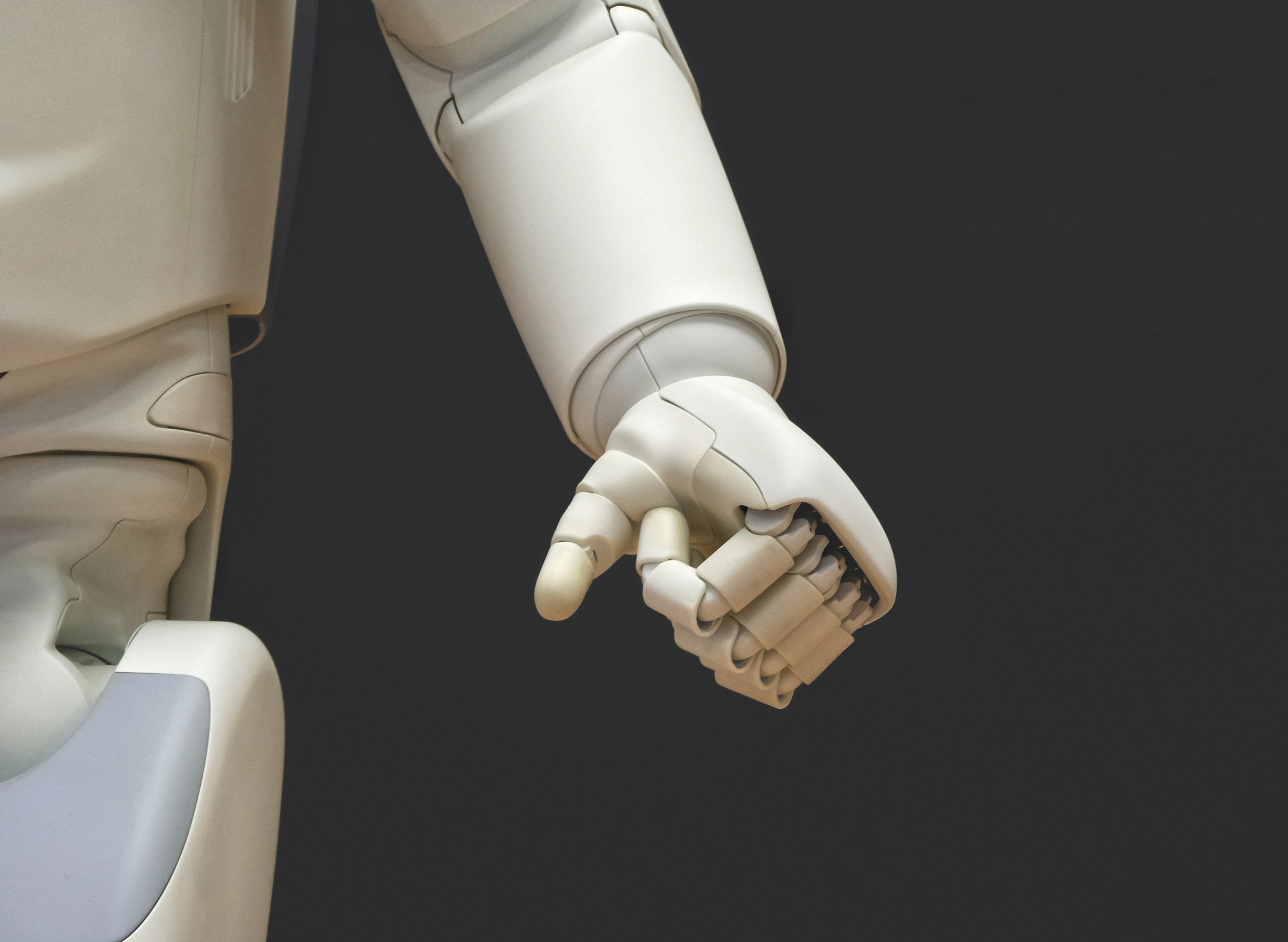Introduction
Artificial Intelligence (AI) is not just a buzzword confined to science fiction. It’s a rapidly changing field that is affecting almost every part of modern life, from how businesses operate to how we interact with technology. Since AI has the potential to transform industries and daily life, it has become one of the most searched topics on Google. This article looks into the current state of AI, its applications, challenges, and future prospects.
The Current State of AI
AI technology spans machine learning, natural language processing, and robotics. These technologies enable machines to mimic human intelligence, performing tasks like speech recognition, decision-making, and even creative activities such as art and music creation. Big tech companies like Google, Amazon, and Microsoft are at the forefront of AI research, investing billions to expand the limits of what’s possible.
Applications of AI
Healthcare:
AI is revolutionizing healthcare by offering advanced diagnostic tools, personalized medicine, and robotic surgeries. AI algorithms can analyze medical data to predict diseases and recommend treatment with near-perfect accuracy.Finance: AI is applied in the financial sector for fraud detection, risk management, and algorithmic trading. AI systems can sift through massive datasets to recognize patterns that humans might miss.
Automotive:
Self-driving cars are a prime example of AI in the automotive industry. Tesla and Waymo are leading the charge in developing vehicles that can drive without human input.Customer Service: AI-powered chatbots and virtual assistants are enhancing customer service by offering instant responses and support, leading to higher customer satisfaction.
Challenges Facing AI
Despite its promise, AI faces several challenges:
- Ethical Concerns: As AI becomes more autonomous, ethical issues regarding privacy, decision-making, and accountability arise.
- Bias and Fairness: AI systems can inadvertently reinforce biases in the data they are trained on, leading to unfair outcomes.
- Job Displacement: Automation through AI may lead to job losses in certain sectors, necessitating the need for re-skilling and up-skilling.
The Future of AIAdvancements in AI look promising, with the technology becoming more accessible and integrated into everyday life. AI is poised to bring about significant changes in how we live and work. Continued R&D, along with ethical guidelines, will be crucial to ensuring AI benefits society.
Conclusion
Artificial Intelligence is a transformative force that could drive global innovation. While we debate its possibilities, limitations, and risks, it is essential to have informed conversations about its societal implications. In doing so, we can harness AI to create a future that is both technologically advanced and ethically responsible.

